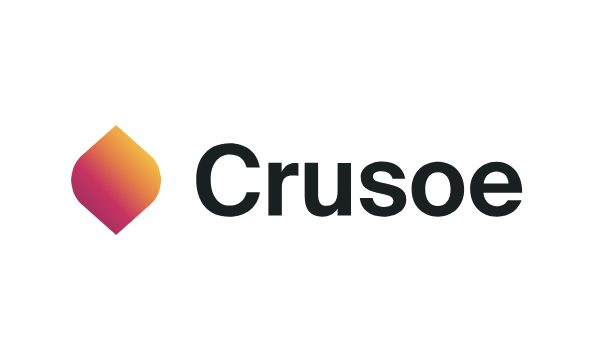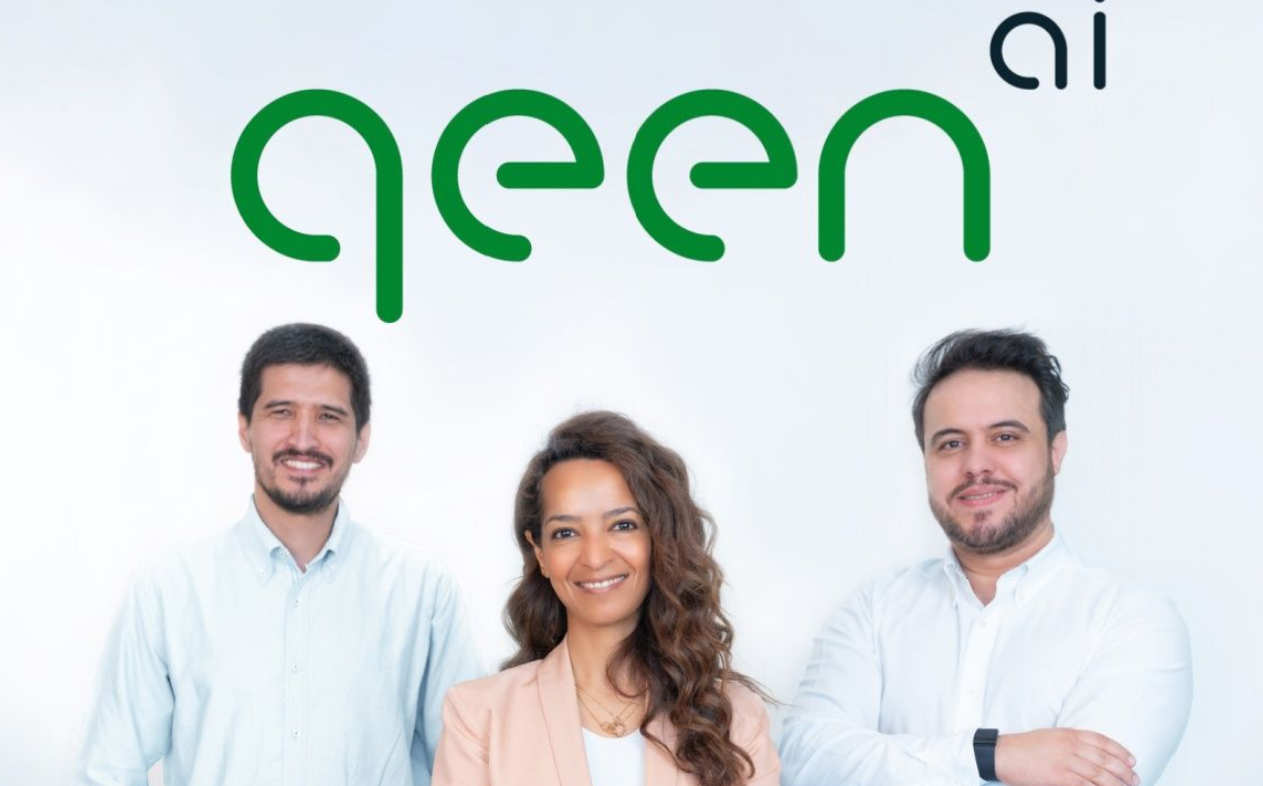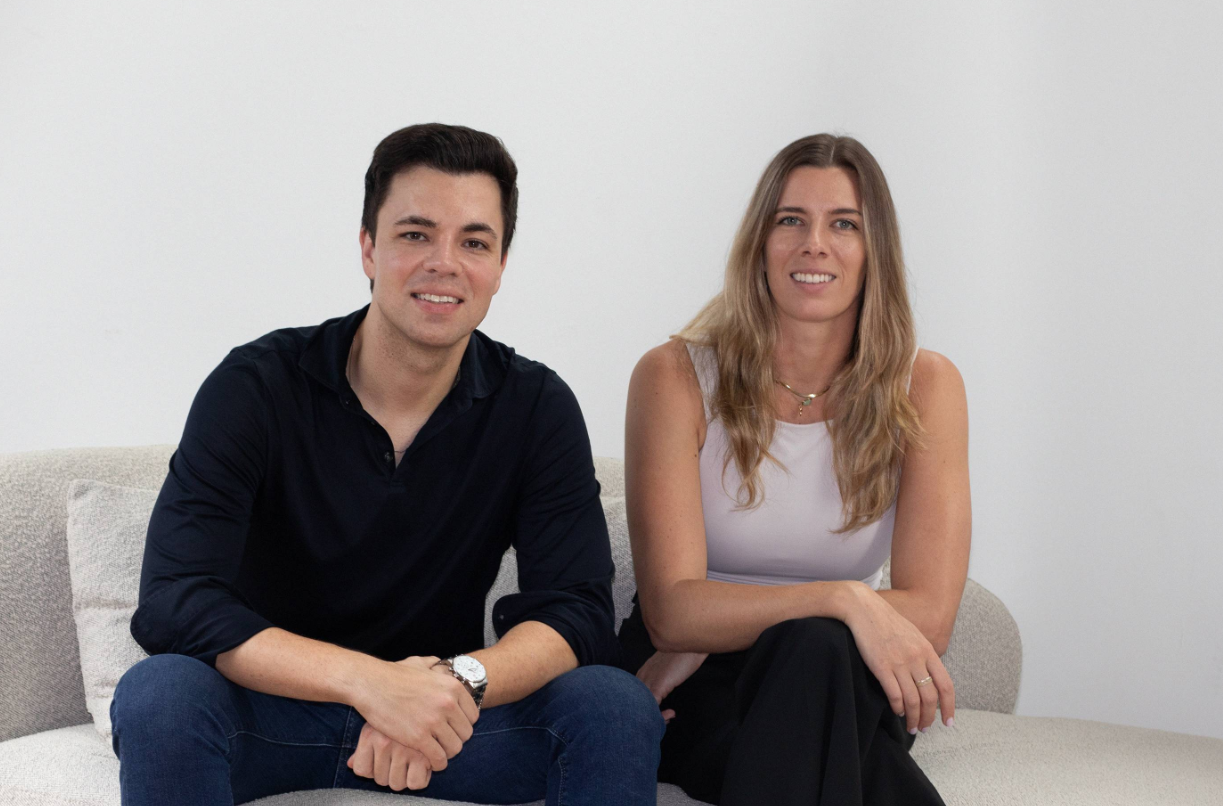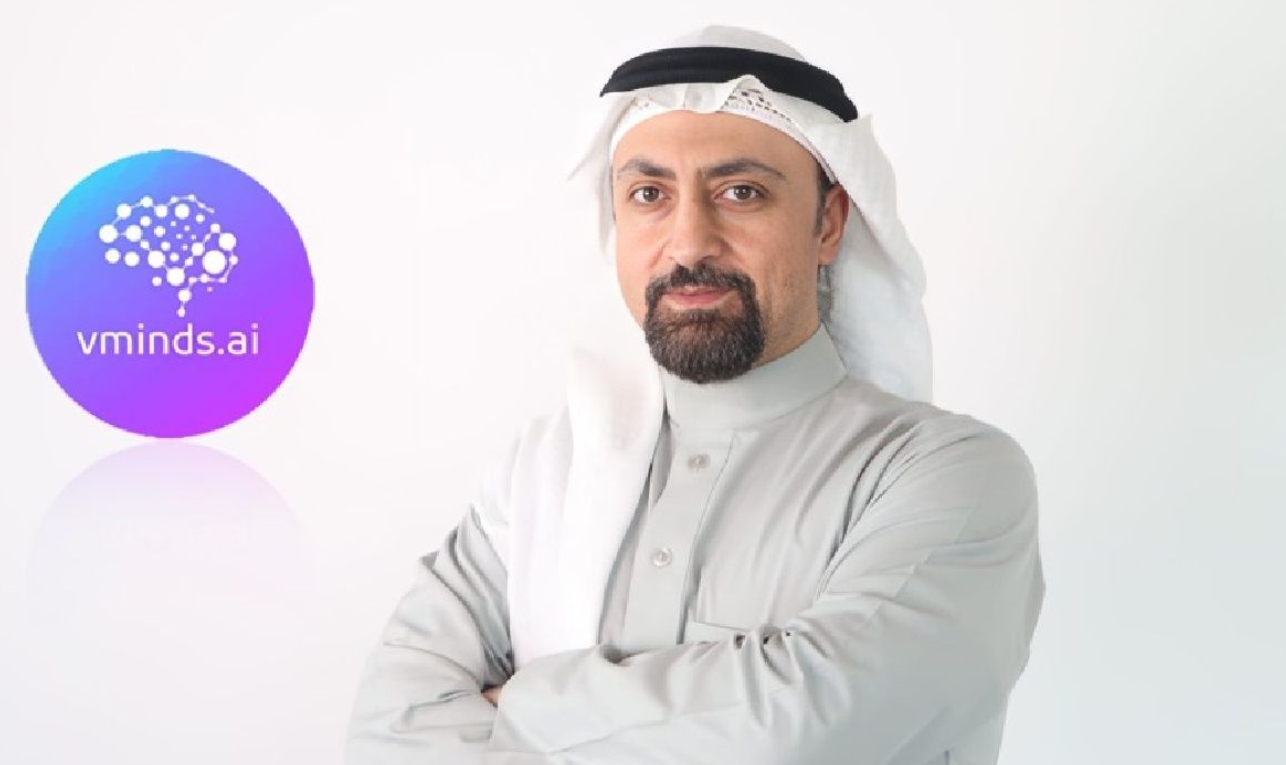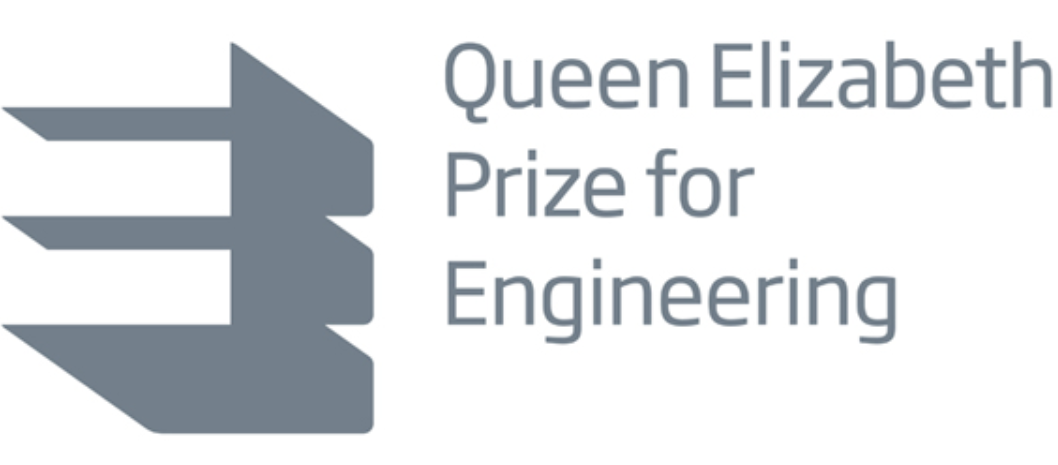Crusoe Energy, a company originally founded to power cryptocurrency operations, has raised $686 million of its targeted $818 million funding round, according to a recent SEC filing. The filing shows that 70 investors contributed to the tranche. A Crusoe spokesperson told TechCrunch that ongoing discussions with investors are typical for a company at its growth stage.
Earlier this year, The Financial Times reported that Crusoe was in talks for a $500 million funding round led by Peter Thiel’s Founders Fund and Felicis Ventures. However, the current funding goal exceeds initial expectations, potentially positioning the company at a valuation higher than the rumored $3 billion, already double its previous valuation.
If successful, the funding would bring Crusoe’s total capital raised to approximately $1.5 billion in equity and debt. Last year, Crusoe secured $200 million in debt, using its data center chips as collateral to purchase thousands of AI processors, signaling a shift from its cryptocurrency roots to AI-driven opportunities.
Founded in 2018, Crusoe initially focused on using wasted natural gas to power cryptocurrency mining operations. As interest in AI surged, the company transitioned to providing high-performance computing and AI infrastructure. Earlier in October, Crusoe announced a $3.4 billion joint venture with Blue Owl Capital to construct a data center campus in Abilene, Texas. This facility is expected to be leased to Oracle, which would sublease it to Microsoft and OpenAI.
The shift aligns with a broader trend in “neocloud” startups, which offer low-cost, on-demand cloud infrastructure tailored to AI workloads. Competitors in the space include CoreWeave, which recently secured $12.7 billion in available funds, and Lambda Labs, which raised up to $500 million for GPU-backed infrastructure.
The rapid expansion of AI and cloud infrastructure has drawn scrutiny for its environmental impact. IDC predicts that global data center electricity consumption could more than double by 2028, while Morgan Stanley projects emissions equivalent to 2.5 billion metric tons of carbon dioxide by 2030 from tech suppliers.
Despite these challenges, Crusoe CEO Chase Lochmiller believes AI can provide solutions to its energy consumption challenges. In an interview with SiliconAngle, Lochmiller said, “There’s all these gripes about AI’s energy usage, [but] the solution to AI’s energy usage is AI. AI is the tool that we’ve been looking for that’s going to be able to drive these scientific breakthroughs that we need to achieve low-cost, sustainably-powered futures.”
As Crusoe continues to secure funding and expand its infrastructure, it stands at the intersection of rising AI demand and growing concerns about sustainable development. With a strategic focus on innovative energy solutions, the company aims to be a significant player in the next wave of AI infrastructure.
